We're loading the full news article for you. This includes the article content, images, author information, and related articles.
Kenya's opposition leaders have pledged to unite behind a single presidential candidate for the 2027 General Election, aiming to present a formidable challenge to the ruling Kenya Kwanza Alliance amidst ongoing economic challenges and political realignments.

In a significant show of solidarity, Kenya's United Opposition leaders on Friday, October 10, 2025, vowed to set aside individual presidential ambitions and rally behind a single flagbearer for the 2027 General Election. This pledge emerged during the Wiper Democratic Movement's National Delegates Congress (NDC) at Uhuru Park in Nairobi, where party leader Kalonzo Musyoka was formally nominated to seek the presidency.
The declaration of unity comes amidst a complex political landscape marked by public disillusionment over the cost of living, taxation policies, and allegations of corruption within the government. Political analysts suggest that a united opposition could significantly influence public debate and policy execution in the near term.
Kenya's political history is replete with instances where alliances have proven decisive in tilting the balance of power. The current push for unity echoes past coalition-building efforts, with leaders recognising the need for a consolidated front to challenge an incumbent. The ruling Kenya Kwanza coalition, led by President William Ruto, has been consolidating power, controlling both houses of Parliament, and engaging in what some term a 'broad-based government' that includes allies from various political formations.
However, this period has also seen sustained youth-led protests against government policies, particularly the controversial 2024 Finance Bill, which was eventually vetoed by President Ruto. Fiscal consolidation pressures remain high in 2025, with warnings of potential renewed tax hikes sparking further protests.
The Kenyan Constitution guarantees rights, but their defence depends on strong governance. Pervasive corruption and concerns over the effectiveness of institutions tasked with combating it remain serious problems. The opposition has frequently criticised the current administration for what they describe as over-taxation without tangible development, with Kalonzo Musyoka characterising the 'Bottom-Up' agenda as 'bottomless corruption and top-down greed.'
Key figures within the United Opposition include former Deputy President Rigathi Gachagua, Wiper leader Kalonzo Musyoka, former Interior Cabinet Secretary Fred Matiang'i, DAP-K leader Eugene Wamalwa, Democratic Party chief Justin Muturi, and People's Liberation Party (PLP) leader Martha Karua. During the Wiper NDC, Fred Matiang'i pledged his support for Kalonzo Musyoka if he is chosen as the joint presidential candidate, emphasising the importance of unity. Machakos Governor Wavinya Ndeti also lauded Kalonzo's endorsement, stressing that opposition unity is crucial for transforming the country's leadership.
However, internal tensions have been noted, with a power struggle between Gachagua and Matiang'i reportedly testing the opposition's unity. Political analyst Herman Manyora suggests that the infighting exposes the alliance's structural weakness due to many strong personalities and a lack of clear hierarchy.
The success of the opposition's unity bid hinges on their ability to overcome internal rivalries and present a cohesive front. Analysts warn that continued discord could undermine their chances of settling on a strong candidate capable of challenging President Ruto. Conversely, a united and organised opposition, focusing on public-interest issues and translating public anger into a clear policy agenda, could offer Kenyans a plausible alternative.
The political landscape in 2025 is strained, with elevated political risk due to the need for fiscal consolidation and potential protest activity, especially around the 2025 Finance Bill.
The ultimate choice of a single presidential candidate for the United Opposition remains a key unknown, with high-stakes negotiations anticipated. While Kalonzo Musyoka has received his party's nomination, Martha Karua has also been nominated by the People's Liberation Party, underscoring the delicate balancing act ahead. The future role of former Prime Minister Raila Odinga, who has expressed continued support for President Ruto's administration and the 'Broad-Based Government,' also adds a layer of complexity to the opposition's dynamics.
The formal nomination of Kalonzo Musyoka sets the stage for intensified negotiations among opposition leaders to select a consensus candidate for 2027. Upcoming by-elections will serve as a crucial test for the opposition's unity and their ability to consolidate strongholds against the ruling coalition.
Observers will be closely watching the opposition's ability to maintain unity, particularly in the face of competing ambitions and potential external pressures. The process of selecting a single flagbearer, the articulation of a shared reform agenda, and their performance in upcoming by-elections will be critical indicators of their viability as a united force. The government's approach to fiscal policies and public engagement will also be under scrutiny, especially concerning the 2025 Finance Bill.
Keep the conversation in one place—threads here stay linked to the story and in the forums.
Sign in to start a discussion
Start a conversation about this story and keep it linked here.
Other hot threads
E-sports and Gaming Community in Kenya
Active 9 months ago
The Role of Technology in Modern Agriculture (AgriTech)
Active 9 months ago
Popular Recreational Activities Across Counties
Active 9 months ago
Investing in Youth Sports Development Programs
Active 9 months ago
Key figures and persons of interest featured in this article
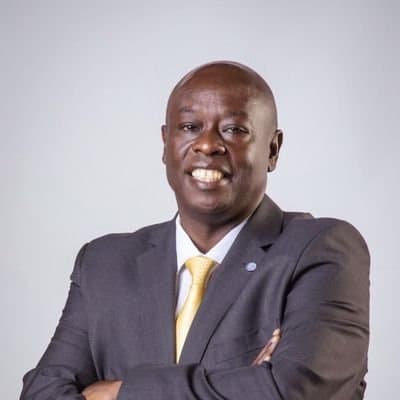
Deputy President of Kenya (2022–2024)
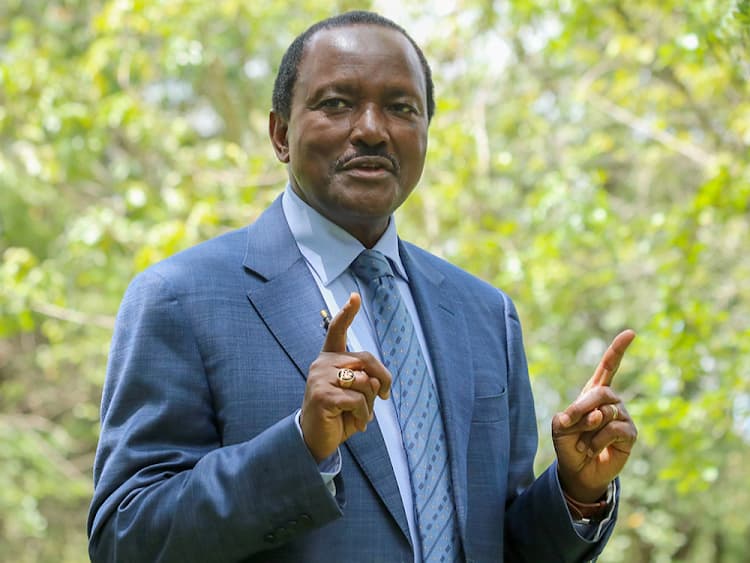
10th Vice President of Kenya (2008–2013)
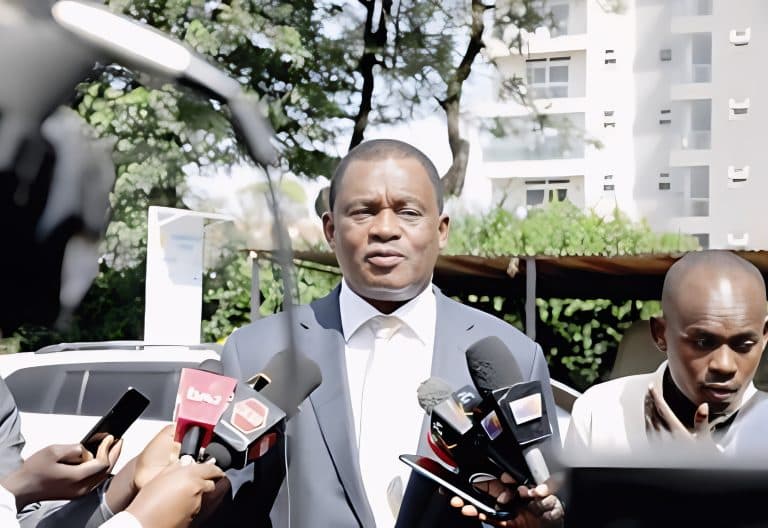
Former Cabinet Secretary, Ministry of Public Service & Human Capital Development
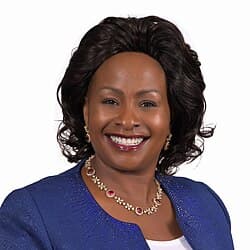
Governor of Machakos County
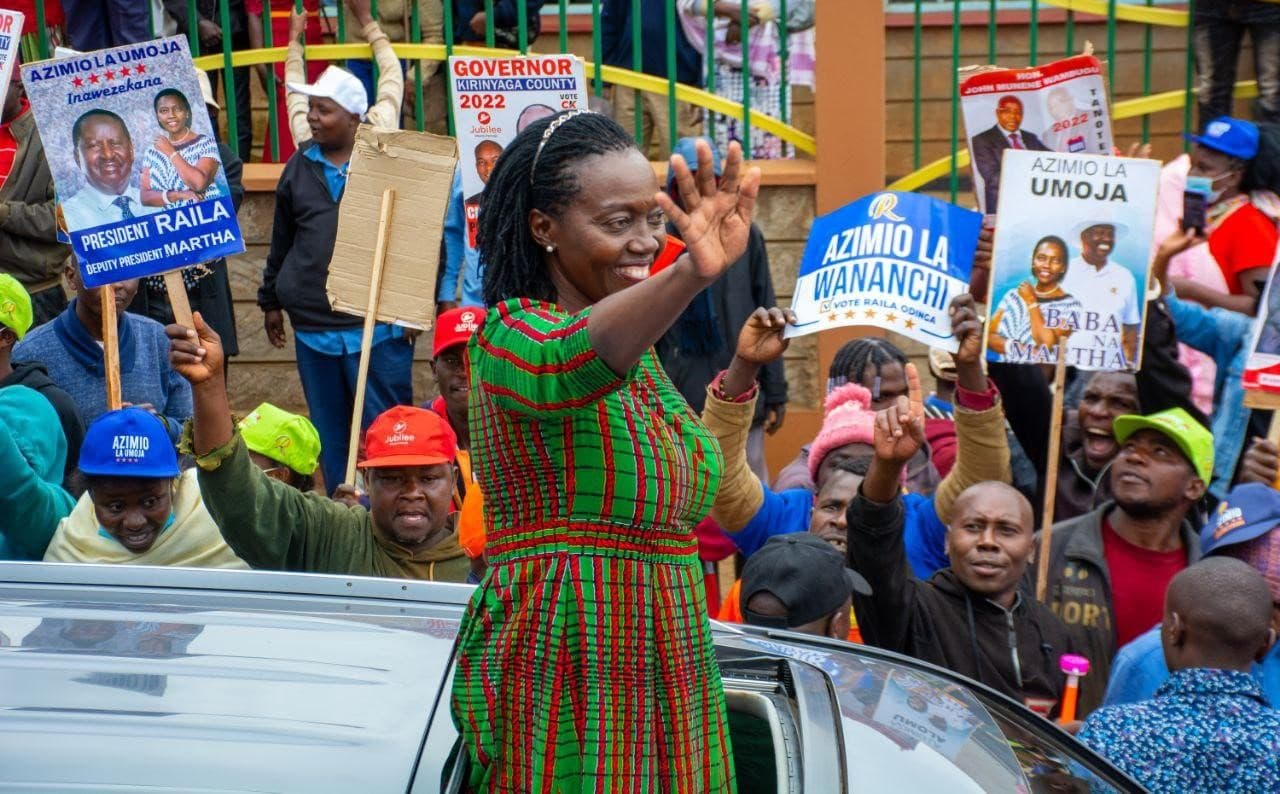
Party Leader, NARC-Kenya
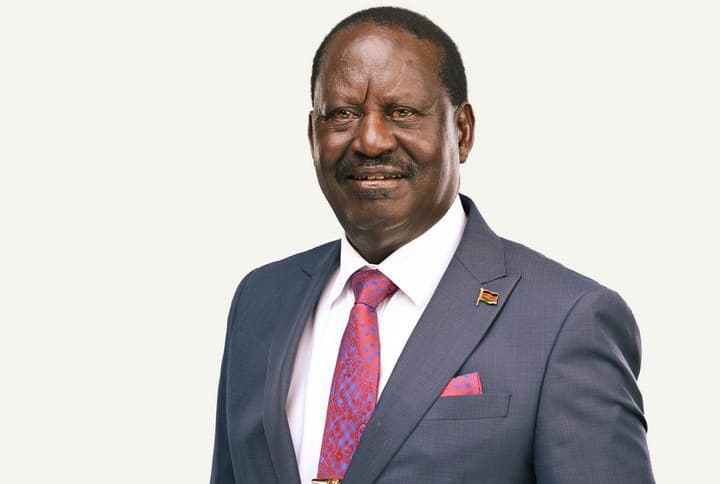
Leader of the Opposition